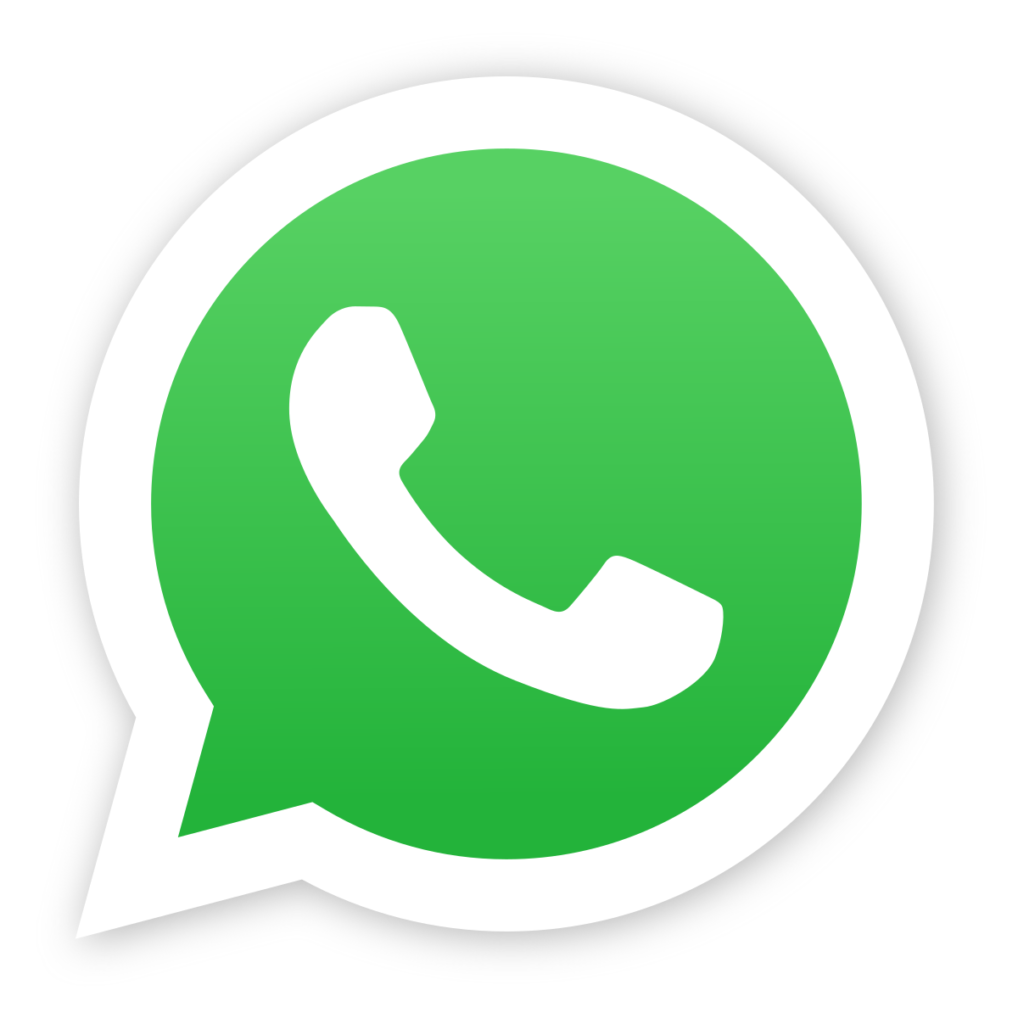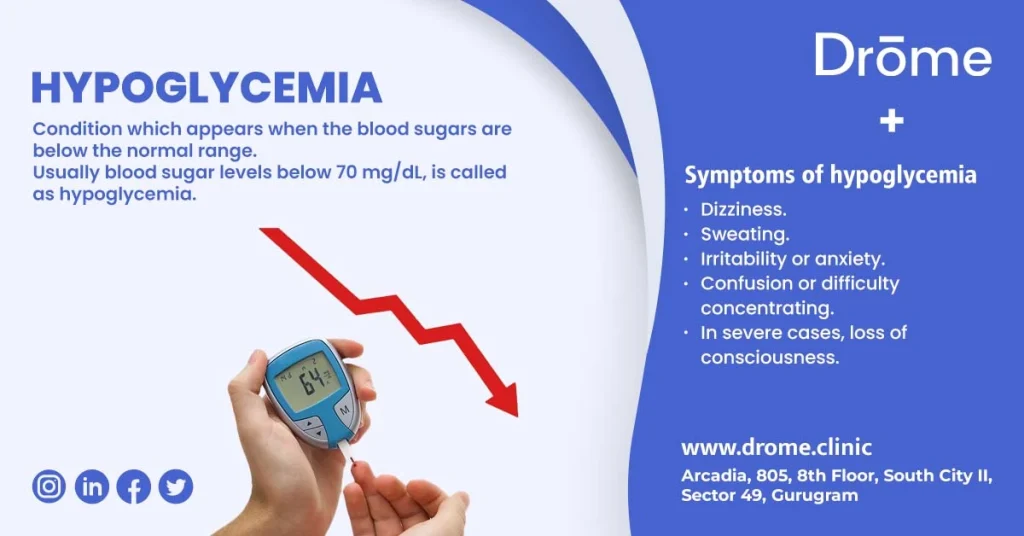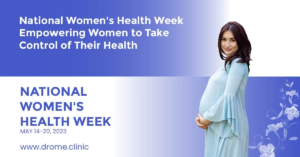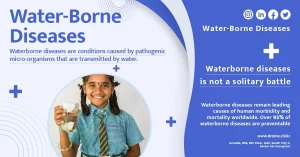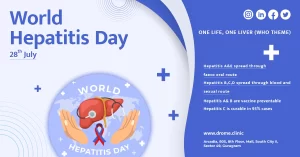Hypoglycemia: Navigating the Lows of Blood Sugar
In the quiet whispers of hypoglycemia lies a call to awareness, teaching us the importance of mindful health and balance.
Overview: What Is Hypoglycemia?
Hypoglycemia occurs when blood sugar levels fall below normal. It’s primarily a concern for people with diabetes but can occur in others too. Recognizing and treating hypoglycemia promptly is vital to prevent serious complications.This blog provides an in-depth look into hypoglycemia, its causes, symptoms, and management.
Hypoglycemia - The Basics
Hypoglycemia is a condition which appears when the blood sugars are below the normal range.In general blood sugar levels below 70 mg/dL, is called as hypoglycemia.
Causes of Low Blood Sugar
Common causes includes:-
- Excessive insulin or other anti-diabetes medications,
- Prolonged fasting or skipping meals,
- Alcohol consumption
- Being more active than usual.
Types:
Few types of Hypoglycemia:
- Diabetic: Occurs in people with diabetes.
- Non diabetic: 2 main types
- Reactive: It is occurrence of low blood sugars after meal. It typically occurs about two to four hours after a meal.
- Fasting: Certain conditions can cause fasting hypoglycemia in people without diabetes, such as-
- Excessive alcohol consumption
- Critical illness like kidney failure, sepsis
- Insulinoma-tumor in pancreas producing excess insulin
- Certain non diabetic medications
Low Blood Sugar Symptoms
Symptoms vary but often include:
- Shakiness
- Dizziness
- Sweating
- Extreme Hunger
- Fast heart rate
- Irritability or anxiety
- Confusion or difficulty concentrating
- In severe cases, loss of consciousness
Diagnosis and Treatment
Treatment of Low Blood Sugar :
- Blood Sugar Tests by a glucometer
- Continuous Glucose Monitoring (CGM): For ongoing assessment in diabetes patients.
Treatment
Immediate treatments include:
- Consuming fast-acting carbohydrates like glucose tablets or sugary drinks.
- The American Diabetes Association recommends the “15-15 rule” to treat an episode of mild to moderate hypoglycemia:
- Eat or drink 15 grams of fast-acting carbs to raise your blood sugar.
- After 15 minutes, check your blood sugar.
- If it’s still below 70 mg/dL, have another 15 grams of fast-acting carbs.
- Repeat until your blood sugar is at least 70 mg/d
- If the person is unconscious due to severe hypoglycemia, no food or liquid should be given orally as they can choke.
- Such people should be immediately rushed to a hospital.
Complications and Prevention
Complications
Untreated hypoglycemia can lead to:
- Seizure
- Coma
- Death
Prevention
Preventive measures involve:
- Regular monitoring of blood sugar levels.
- Eating balanced meals and snacks regularly.
- Taking medicines for Diabetes as prescribed
Conclusion
Awareness and proactive management are key in dealing with hypoglycemia, especially in a country like India with a high diabetes prevalence. Understanding the signs and knowing how to respond can be lifesaving.
FAQs on Low Blood Sugar
Yes, while less common, hypoglycemia can occur in non-diabetics due to reasons like excessive alcohol consumption, certain medications, or skipping meals.
Hypoglycemia should be treated immediately to avoid severe symptoms like loss of consciousness or seizures.
Repeated episodes of hypoglycemia can lead to hypoglycemia unawareness, where the body stops showing symptoms, increasing the risk of severe hypoglycemia.
If you have hypoglycemia while exercising, it’s important to stop the exercise and consume food having fast-acting carbohydrates(like1 tablespoon of sugar, honey or 1 small piece of fruit, such as half a banana).
